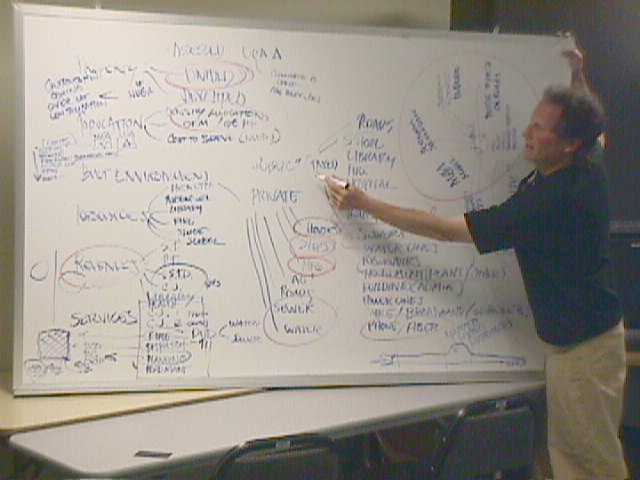One of the basic ideas of civilization is that we can see and know more, collectively, than we can see and know individually. There are many reasons for this, not the least of which is the physical reality that we do not get to live long enough to see, let alone understand, the long term effects of our actions as they unfold over time. In an attempt to overcome the limitations of our short lives, people have created libraries and archives, in which history can be stored and stories saved.
We all know that "history" is really just "his story" - the story told and recorded after the fact, by the survivor(s) and that there may well be a lot of critical information that was lost in translation. Someone else's story. Failures. Ideas that were tried but that did not acheive the desired objective. Whole collections of field notes that were lost, or simply not published.
so the idea of this blog is to provide a chance to expose what I have uncovered in our local history archives to illustrate our situation. And since it is interactive, it provides a chance for us to show one another what we have found in the stories and the data that others have saved for us.
By the way "trans-lation" literally means something very much like "over the wall" ... the wall of course being the walls we build around ourselves.
Sunday, June 10, 2007
illuminating local history
Labels:
archives,
civilization,
history,
individual,
libraries,
reserved rights,
translation
Subscribe to:
Post Comments (Atom)
Why Me?

- joe breskin
- port townsend, washington, United States
- My diverse career paths all share a common thread. They all involve putting tools and an understanding of how to use them into the hands of people who generally know what they want to do, but do not necessarily know how to do it.
No comments:
Post a Comment